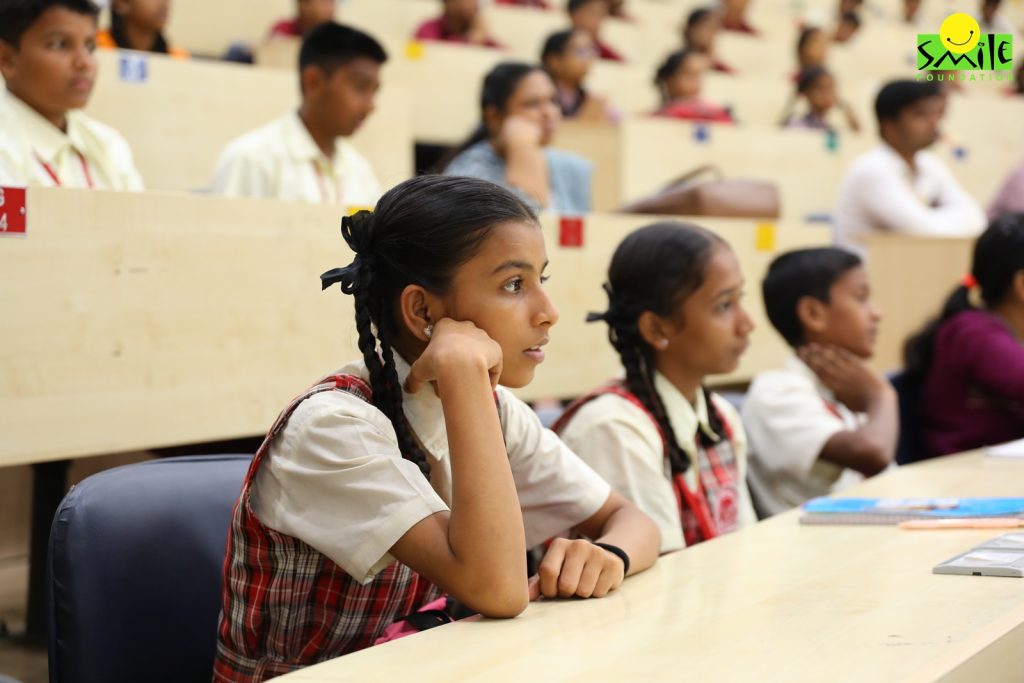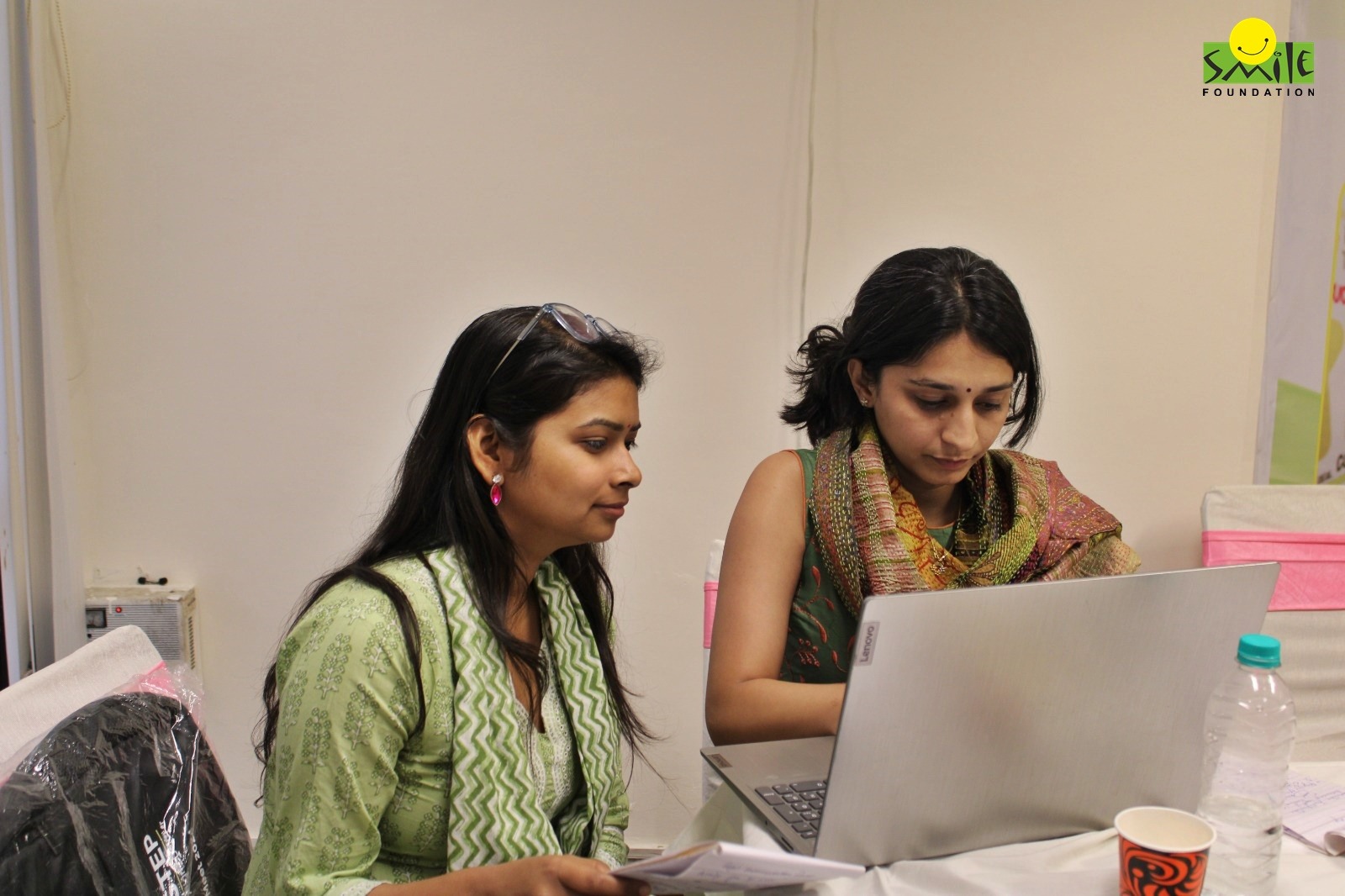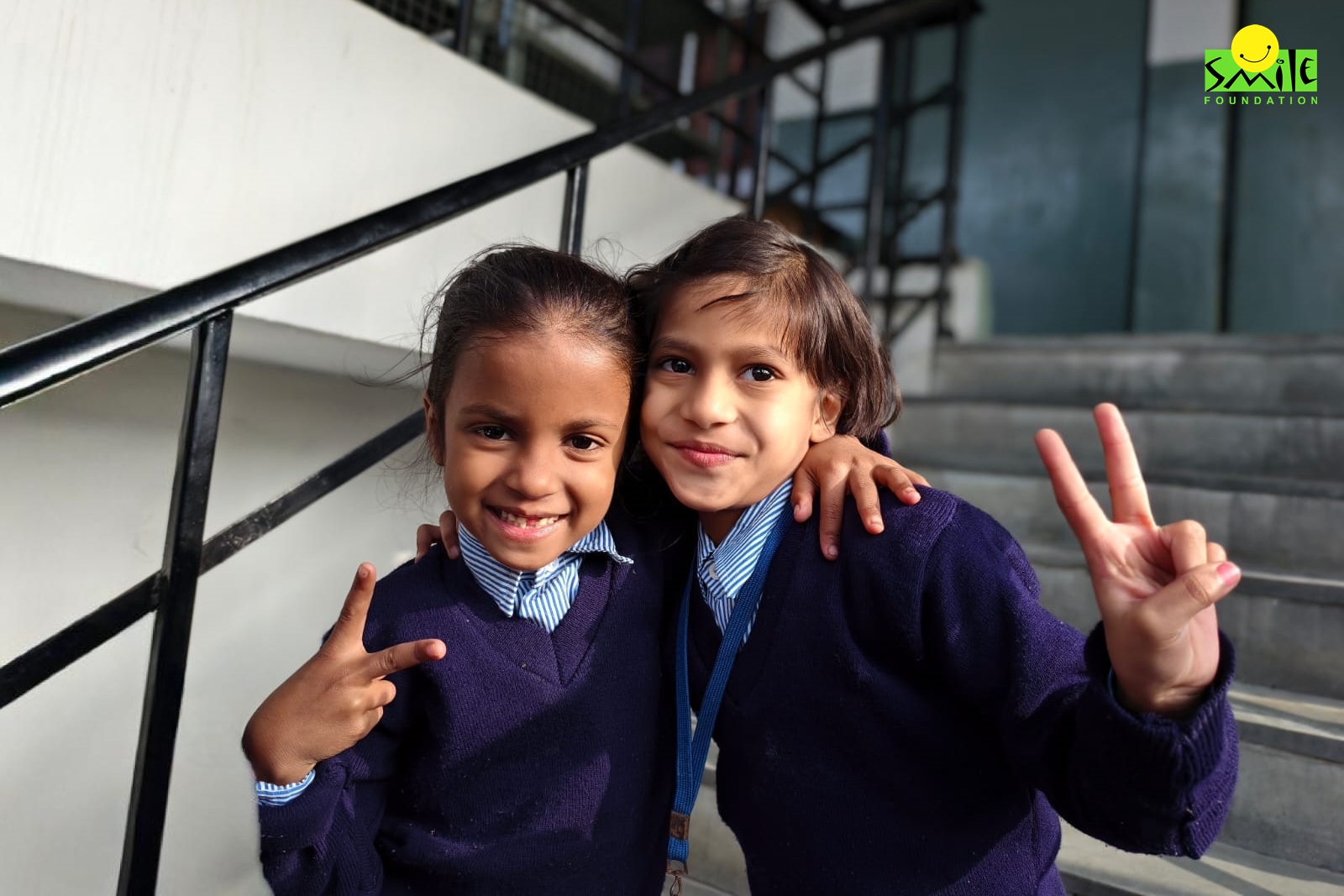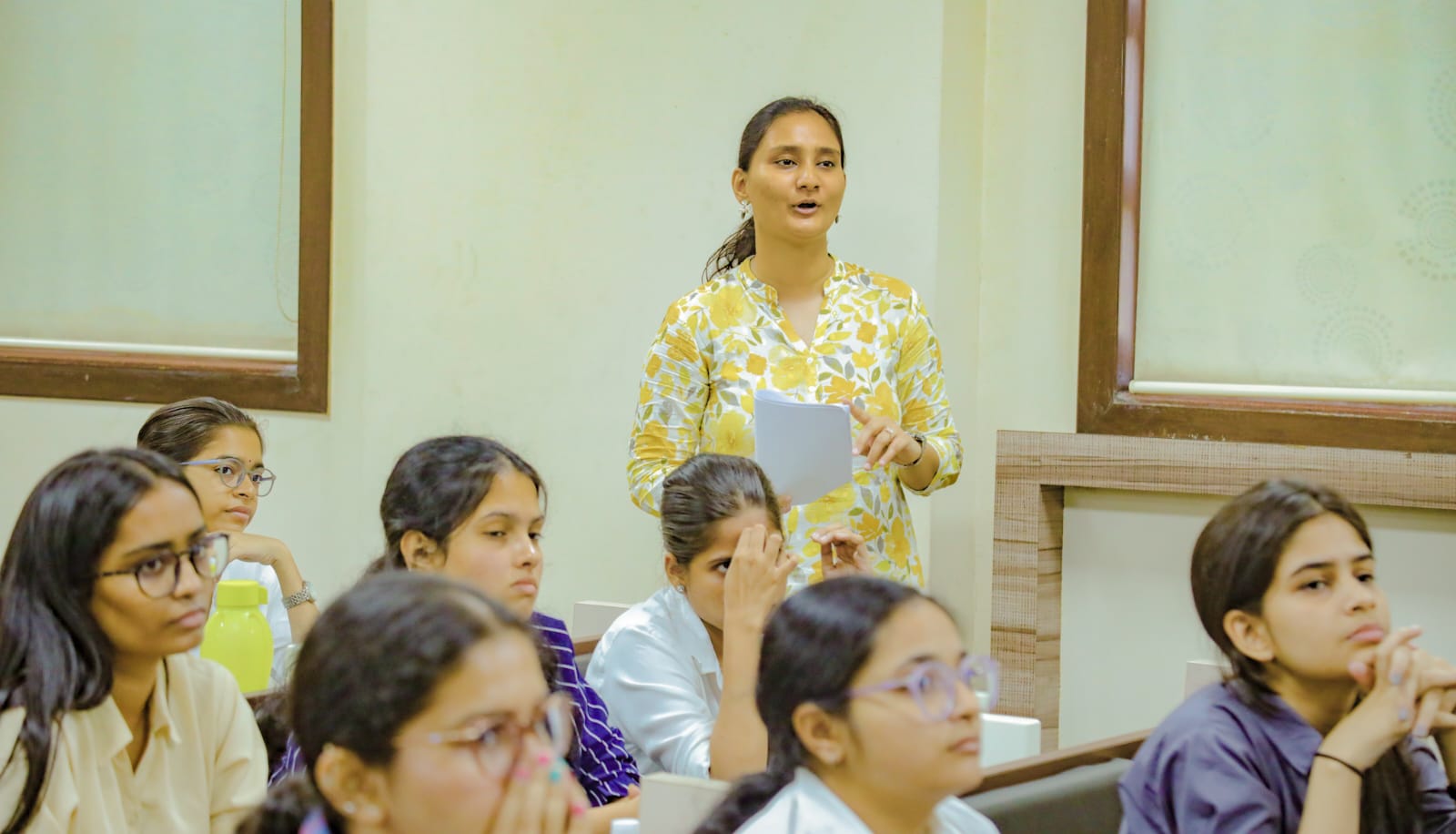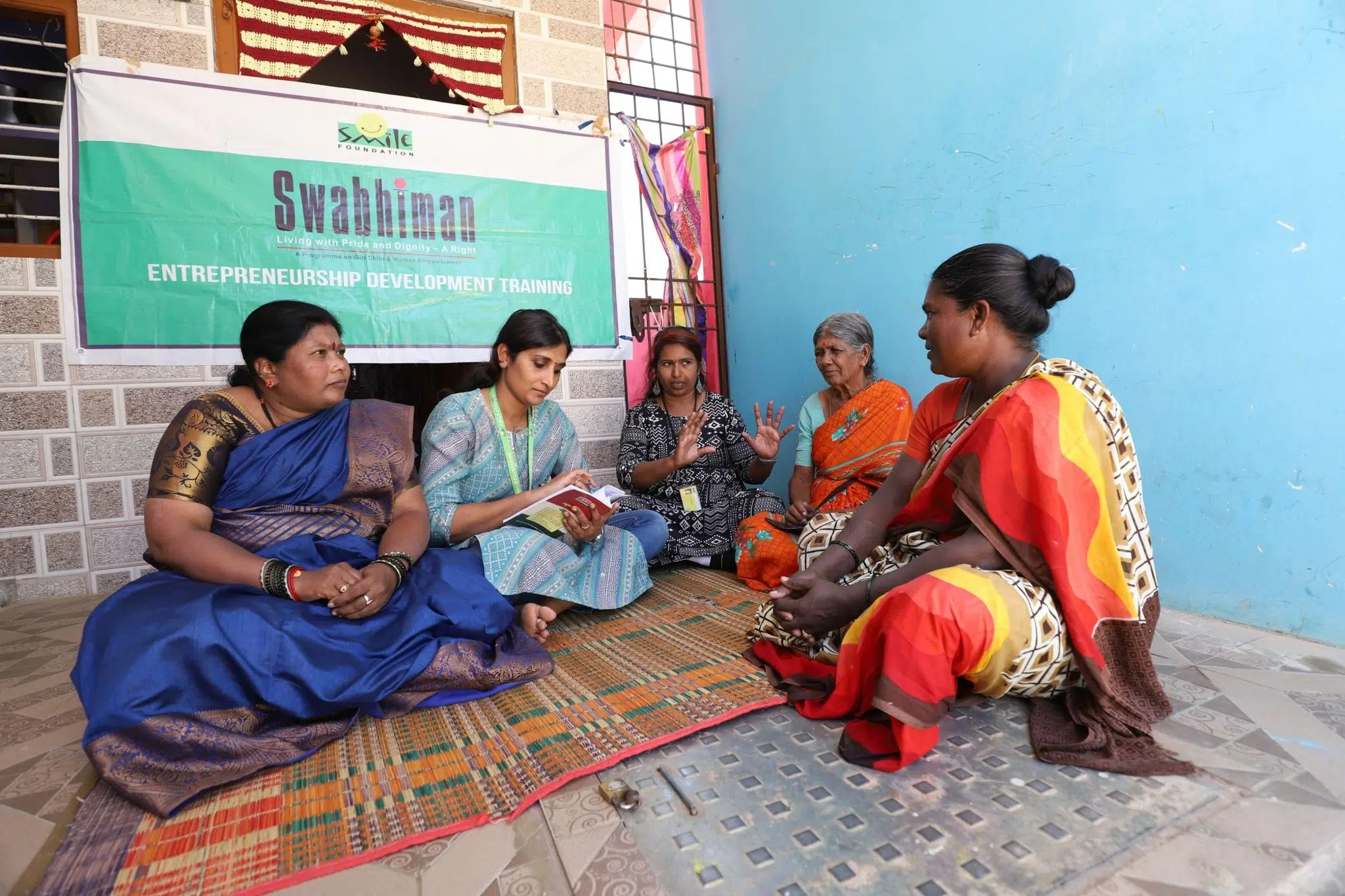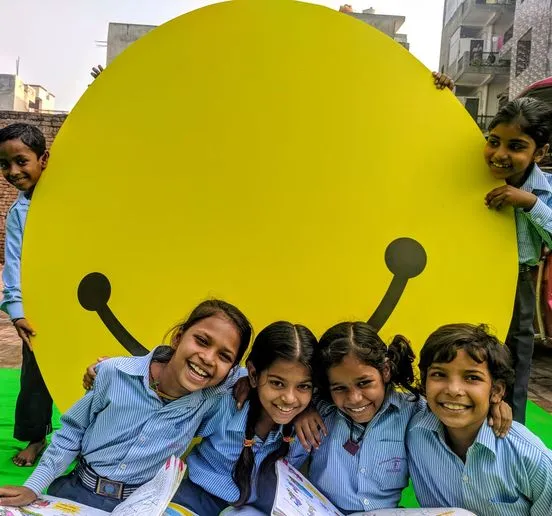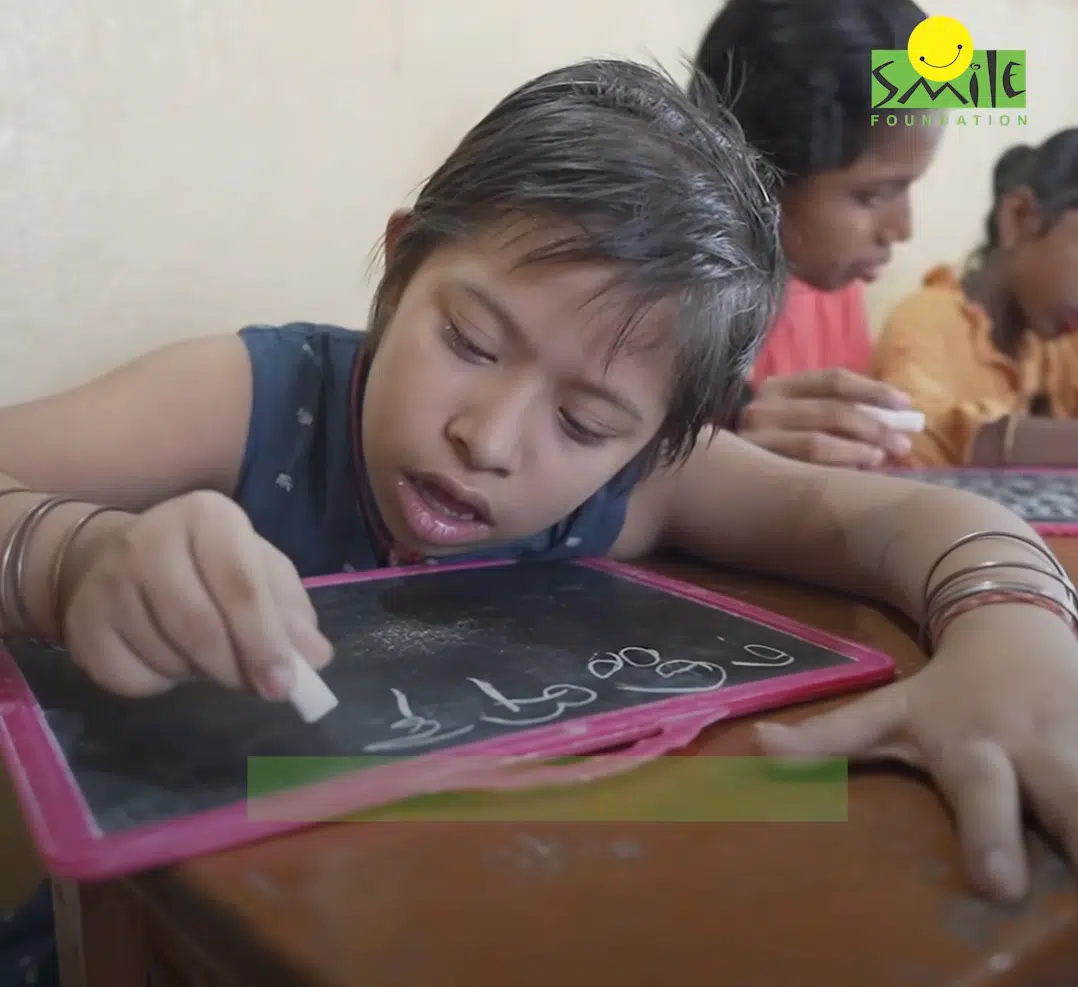The United Nations has observed a significant decline in child marriages in South Asian countries and named India as one of the significant contributors. Going in line with the data, union women and children development minister Annapurna Devi recently revealed that child marriages halved in the country. The number has dropped from 47.4% in 2006 to 23.3% in 2019-21. The facts don’t mean that child marriages are abolished in the country. It just means that the number has come down.
The minister has also shared that one in five girls is married before turning 18 years, and they had stopped at least two lakh early marriages in the last year in the country. Indian families continue to marry their girl children at an early stage despite numerous warnings both from the government and experts. Why do they refuse to give up their attempts? Why marriage can never be an ally of young girls. Let’s understand in detail.
What is early marriage?
Early marriage is a practice that involves marrying off individuals, mainly girls, before they reach the legal age of marriage. It has been prevalent in the country for centuries together. Families married off their wards at the earliest, and sometimes even before the girl hit puberty. But the British government passed the Child Marriage Restraint Act in 1929 to stop early marriages. The law insisted that a girl should at least be 14 years old, and a boy should be 18 years old to get married. Since the Muslim community opposed it, a separate law has been passed for them.
After the independence, the Child Marriage Restraint Act was amended twice. In 1949, the age limit was increased to 15 for girls, and in 1978, the age limit was increased to 18 for women and 21 for men. Since people continued marrying their girls at much younger ages, the government passed the prohibition of child marriage act in 2006.
According to the act, a child means a person who, if a male, has not completed 21 years of age, and if a female, has not completed 18 years of age. Child marriage means a marriage or a marriage about to be solemnized, to which either of the parties is a child. The act not just prevents the marriage of children but also punishes the involved adults.
Causes of early marriage
Though stringent laws have been put in place, early marriage remains prevalent across the country, especially in rural and economically disadvantaged areas. It has always been driven by a combination of social, economic, and cultural factors. One of the foremost reasons for early marriage is that it is seen as a duty of parents.
Even today, in several conservative communities, marriage is often seen as a responsibility or obligation of parents, and it has never been the choice of women. Parents and extended family members force girls to marry at an early age to complete their responsibility. Not just that, the girls are also expected to fulfill their role in ensuring lineage and contributing to the family’s social status. Parents of girls who remain unmarried after a certain age face social stigma, and the girls feel like a burden on their families. To avoid the perceived shame, many families marry off their daughters at an early age.
Even modern communities see marriage as a way to preserve a family’s honour and reputation. It is due to the underlying belief that a girl’s worth is tied to her chastity and her role as a caregiver. Early marriages are often seen as a way to preserve their ‘purity’ and to avoid dishonour.
Impact of early marriage on young girls
Early marriage, one of the serious violations of children’s rights, has devastating consequences for both males and females. But, according to statistics, the number of girls who undergo early marriage is at least five times higher than their counterparts. About 250 million girls are married before the age of 13 across the globe. Research has also found that early marriages have affected them physically, emotionally, socially, and economically.
1. Health risk: Early marriages often lead to girls becoming involved in physical intimacy before they are physically and emotionally ready. Chances are high that they know nothing about their sexual and reproductive health. That’s why child marriages often result in adolescent pregnancy with increased complications. Risks like premature labour, obstructed labour and eclampsia are commonly found in adolescent pregnancies. Girls also experience maternal mortality or childbirth-related injuries. They are also at greater risk of having babies with low birth weight, premature birth, or other health problems. This will put both the girl and her child in danger. Not just that, early marriages also increase the risk of sexually transmitted diseases (STDs) as they are unaware of protecting themselves in sexual relationships.
2. Interrupted education: Girls are often taken out of school to marry off shortly after they hit puberty. Some societies restrict girls’ roles to being wives and mothers. Without education, they miss out on a crucial stage of development and self-discovery that typically defines their childhood and adolescence. They also miss out on opportunities to improve their economic autonomy and personal development. In most cases, they end up taking low-paying jobs or become dependent on their husbands for financial support. This economic dependence will lead to an unequal power dynamic in the marriage. It in turn will entrench gender inequality and limit a girl’s ability to make independent decisions.
3. Social isolation: When a girl marries at a young age, her focus shifts to her new responsibilities as a wife, and later a mother. In many cases, they are confined to their new home and fulfill domestic duties. She will have little freedom to interact with her friends or extended family. Not just that, she will also not be allowed to participate in any social events or gatherings. There are numerous instances when a girl had to take permission from her husband or in-law to do literally anything. This lack of autonomy limits her opportunities to build and maintain healthy social connections. This social isolation can make her feel lonely and disconnected from her peers.
4. Loss of childhood: Marriage always brings with it the expectation that girls will take on adult responsibilities. It means she will have to manage the household, cooking, cleaning, and caring for her in-laws, husband, and other family members. These duties not only take priority over her personal interests, play, and leisure, which are essential aspects of childhood, but also toil her emotionally. This emotional toil often makes them feel overwhelmed, confused, and isolated. This in turn will take away their carefree and joyful experiences that define childhood. Emotional stress and a stunted sense of self will end up interrupting developmental milestones of adolescence.
5. Loss of identity: With the robbed education, she also loses the space for personal growth, critical thinking, and the exploration of interests and talents. This in turn deprives the girls of the chance to develop into independent individuals with their own aspirations. With this, they also lack the ability to make decisions about their own lives. Their choices regarding education, career, hobbies, and even personal relationships are often dictated by their husbands or families. In most cases, they will have none. This loss of autonomy will rob the control of their own futures from their hands. There are several cases when girls are subjected to domestic violence, sexual abuse, and exploitation in child marriages.
Opening up all the door for girls
Education is the key to breaking the cycle of poverty and early marriage, yet millions of girls in India still face barriers to learning. Smile Foundation’s She Can Fly campaign is committed to changing this by ensuring that young girls, especially from underserved communities, get access to quality education, life skills, and equal opportunities.
Through school support, scholarships, and mentorship, Smile Foundation helps girls stay in school, build confidence, and dream big. By addressing challenges like early dropout rates, lack of resources, and social constraints, we empower them to take charge of their futures.



